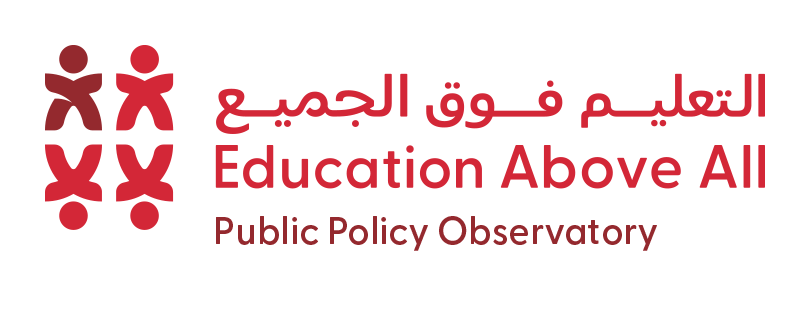Context and Issue
Based on the Educational Statistical Bulletin data 2020, over half (55%) of schools in Zambia lack access to electricity, resulting in reduced learning hours for students and eliminating opportunities for lesson review after classes. The absence of electricity also restricts the use of computers, printers, and other devices, affecting teaching effectiveness and the availability of learning resources.
Solution
UNICEF implemented a project to equip schools in Zambia with solar panels to restore power and facilitate a conducive learning environment for students. As part of this initiative, solar panels were installed in 19 schools across Eastern, Western, Northern, Southern, and Muchinga provinces of Zambia, benefiting over 6,000 learners. This endeavour restored electricity and encouraged the return of young learners to school, particularly those from marginalized and vulnerable communities.
Impact
The installation of solar panels significantly improved the safety and inclusivity of the learning environment for children amidst the COVID-19 pandemic. Furthermore, it led to a notable increase in student attendance during evening school classes. As a result, with the resumption of night preparation classes, there was a remarkable improvement in the passing rate of Grade nine students, rising from 17% in 2021 to 63% in 2022, marking a substantial 46% increase.












